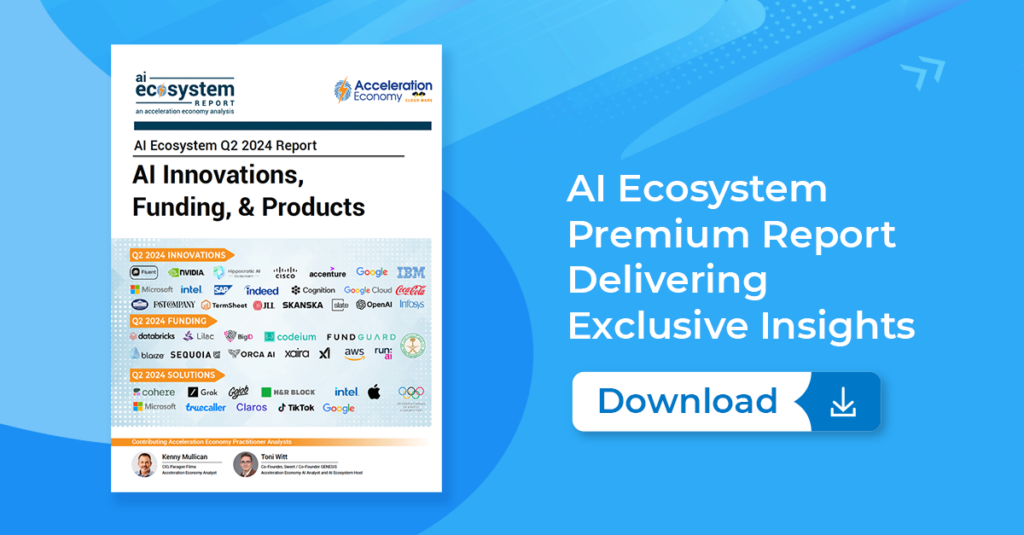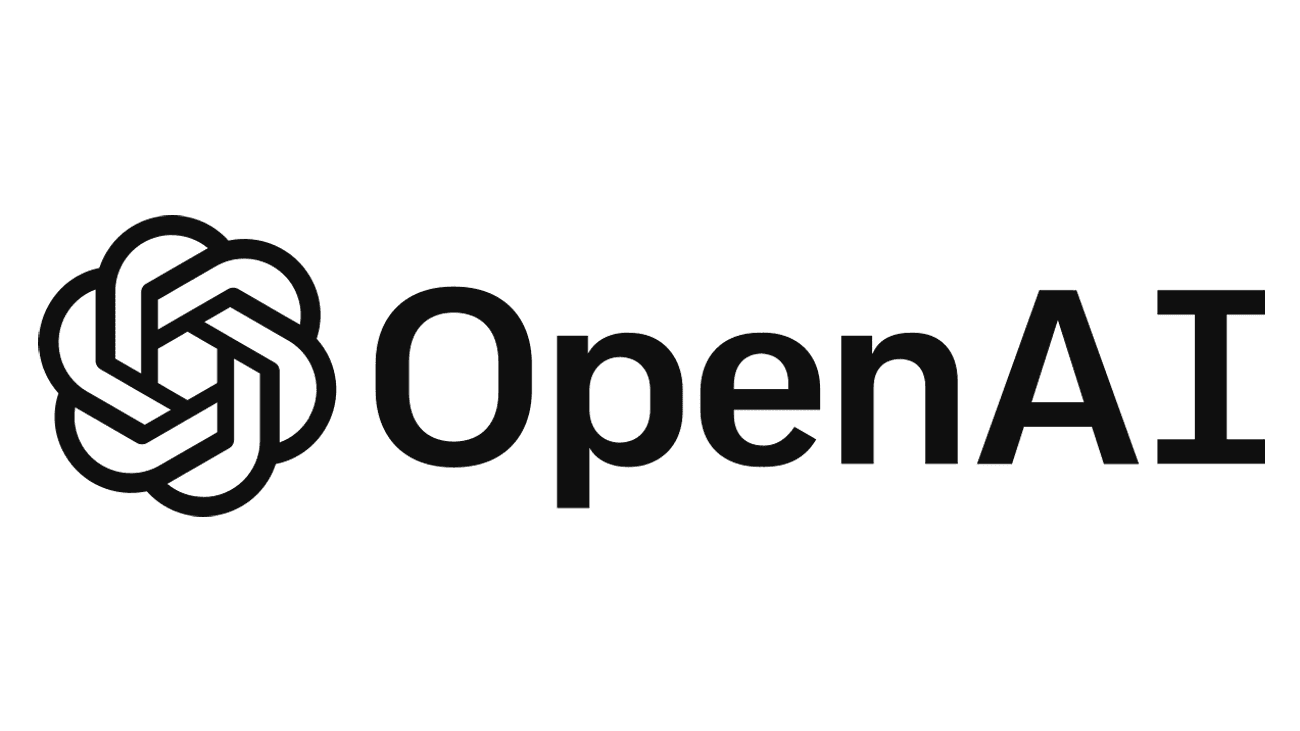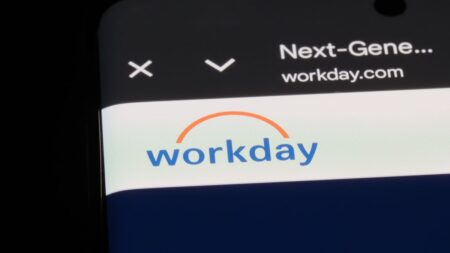Welcome to the AI Ecosystem Report, featuring practitioner analyst and entrepreneur Toni Witt. This series is intended to deliver the timely intelligence about artificial intelligence (AI) you need to get up to speed for an upcoming client engagement or board meeting.
Highlights
Innovation

A study was released from the Upwork Research Institute about how AI’s impact on the workforce isn’t what it was anticipated to be. The study highlighted a disconnect between employees and management, with management promoting AI but employees not using it effectively. It also suggests that AI may be making people less efficient.
The study finds that 77% of employees using AI said it only added to their workload and created challenges in achieving the expected productivity gains. Around 50% of respondents said they don’t know how to achieve the productivity gains that their employers expected of them. And 40% felt that the company was asking too much of them in terms of using AI, while 81% of C-suite leaders acknowledged they increased demands over the past year, partially as a result of AI.
Because this study is coming from a company that provides services for hiring, the statistics could be biased but it’s interesting to see this side of the argument, with most other AI discussions promoting how the technology will make the workforce more productive.
Funding

Level AI, a startup enhancing call centers with AI, raised $39.4 million in funding as part of a series C round. This brings its total raised to over $70 million.
Level AI’s mission is to help large businesses improve their customer service and call centers using AI. Now, it has various technology services that can be applied to an existing human-run call center to make it more effective and efficient. Level AI recognizes the power of combining AI with the human touch, which is critical in delivering quality customer service.
Solution of the Week

OpenAI released its Advanced Voice Mode, which is essentially ChatGPT but entirely voice-based. It recognizes subtle nuances, accents, and emotions better. It understands humor and can slow or speed up its speech. Users can have full conversations with it, including about personal problems — which Siri and Alex frequently avoided.
There could be advanced implications with this. With its understanding of emotions and livelihoods, could it help users with big life decisions? Could it help users get therapy? Could it replace human connections as it facilitates longer, in-depth conversations?

The AI Ecosystem Q2 2024 Report compiles the innovations, funding, and products highlighted in AI Ecosystem Reports from the second quarter of 2024. Download now for perspectives on the companies, innovations, and solutions shaping the future of AI.











